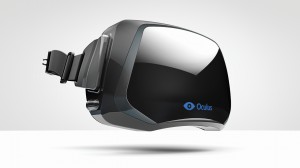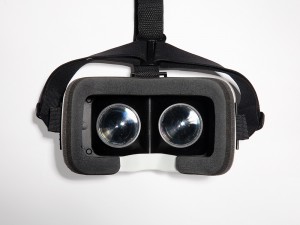“If the United Nations was fully funded why would we need the Arc or social enterprise?”
The United Nations is a large organization created to promote international cooperation. This entity is designed for tackling large international issues. Indeed, their funds are needed and justified. So, what’s the point of the Arc or social enterprise?
Think global and act local, this is a core principle of the Arc initiative, and many social entrepreneurs. While the United Nations deals with issues around the world, these issues are often large problems that require the full and immediate attention of the United Nations. This leaves little room for the United Nations to support smaller communities in developing countries.
This is where social enterprise and the Arc come to play. Using a method known as micro financing, social enterprise can promote micro economies in communities where banking, among other things, never existed. The Arc works at the local level as well, facilitating an exchange of knowledge and skills. Aiding communities in South Africa, Ethiopia, Colombia, and Rwanda, the Arc is building a brighter future by building the stepping stones for economic well-being in these countries. With programs teaching leadership and business skills, the Arc is creating entrepreneurs of the future.
I believe the Arc to be an excellent idea. Lack of education is often the factor that plagues developing countries with poor economies, and thus, a poor living standard. By starting at the roots and creating skilled and educated business leaders, these communities may begin to flourish, and perhaps, we may see a future where these countries do as well.
Image sources:
https://blogs.ubc.ca/amnamasud/2013/11/14/arc-initiative/
http://www.sauder.ubc.ca/Global_Reach/ARC_Initiative/Locations/Ethiopia












